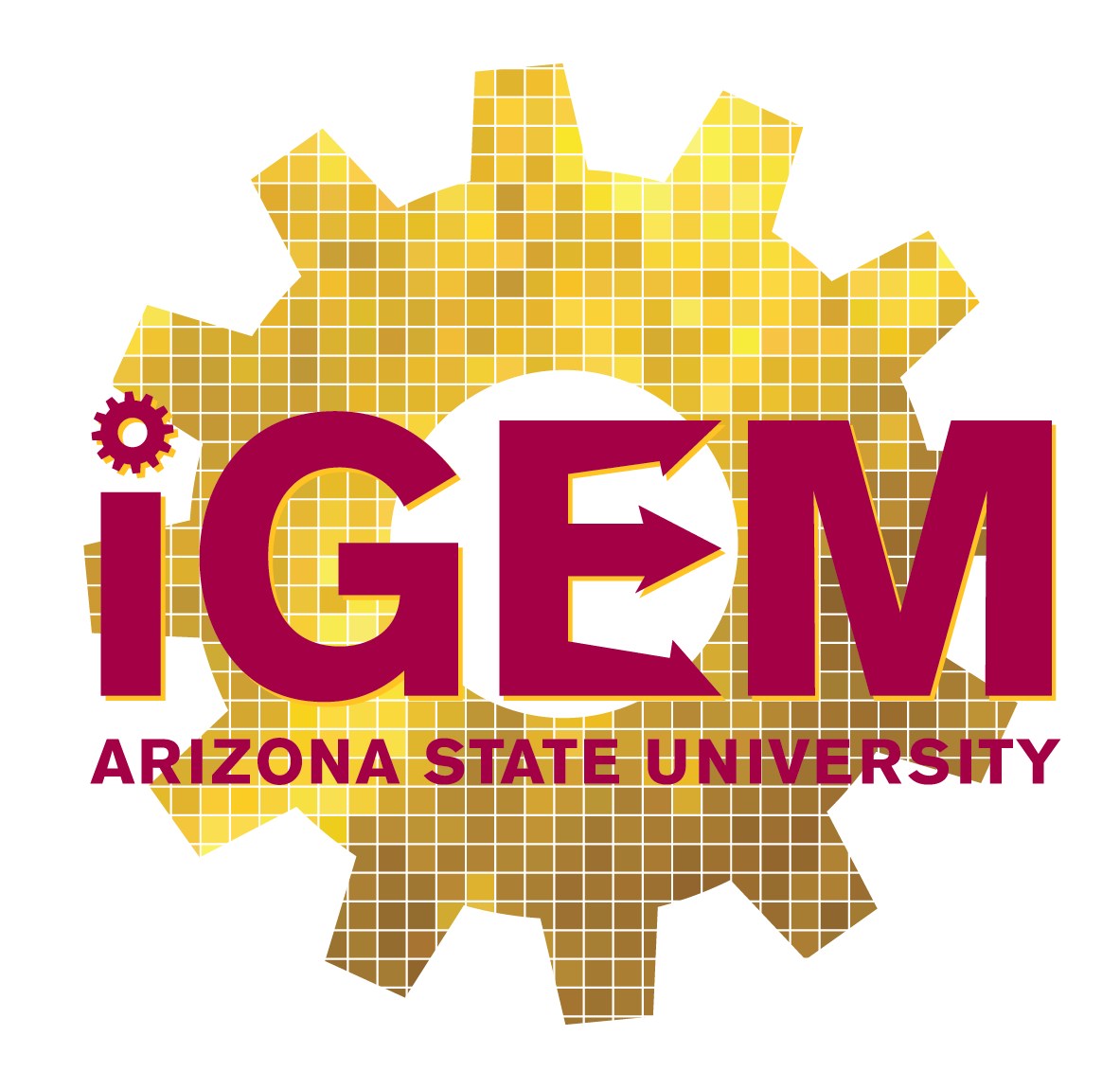Outreach and Collaborations
iGEM Outreach 2.0:
http://openwetware.org/wiki/IGEM_Outreach
- Outreach 2.0 is an attempt to change the way that we do outreach at iGEM. By creating an open source community of lesson plans and activity protocols, we hope to stimulate deeper, more engaging experiences for both sides of the exchange. Listed on this site, you will find tools to present synthetic biology to those who have never heard of it, plans and presentations to give stimulating recruitment talks at high schools, and thoughtful considerations of bioethics and the roles it should play in our future.
- We are tired of giving friends five-minute surveys and calling it “Outreach.” We hope that you are, too. Let's set a new standard for how we do outreach, something that we will be proud of. The caliber of lab work presented at the Jamboree is a source of great pride for advisors and teams; let us seek to match that same quality in every field we do.
- Granted, building a lesson plan or organizing an activity is more work than just typing up a survey, but harnessing community support for synthetic biology may actually make our lives easier in the long run. So, as you start thinking about your team's outreach plans, take a few minutes to peruse the growing content on this site to see what you can easily do. Try it out, and tell everyone else how it goes. And if you have ideas of your own, post your stellar outreach plans and share them with everyone!
Exploring Synthetic Biology: High School Curriculum
This curriculum is tailored to high school students with a strong background in biology and are currently enrolled in an advanced biology or biotechnology course at their high school. Access to a biotechnology lab is preferred.
A) Meeting One: An Introduction to Synthetic Biology
[Ready-to-use Presentation: http://prezi.com/bqt1cvldirvh/exploring-synthetic-biology-part-1/]
- Explain our reason for coming in and talking to the class
- Introduce the team and iGEM competition
- Ask some questions to the class (What interests you about biology? If you could create an organism to do anything you want, what would you make? etc.)
- Introduction to Synthetic Biology
- What is synbio?
- Why is it a relatively new field?
- Biobricks – what they are and why they’re useful
- Other resources (Journals, Scitables, etc)
- Talk about the High School division of the iGEM competition
- Talk about creating a biotechnology journal club that could turn into an iGEM team
B) Meeting Two: Ethics and Safety in Synthetic Biology
- Cornell University’s Ethics in SynBio Lesson Plan (found on the Open Wet Ware iGEM Outreach website)
- Show the Colbert Report Interview - The Immortal Life of Henrietta Lacks as a multimedia aspect of the presentation [http://media.mtvnservices.com/player/prime/mediaplayerprime.1.9.2.swf?uri=mgid:cms:item:comedycentral.com:267542&type=normal&ref=None&geo=US&group=entertainment&&CONFIG_URL=http%3a%2f%2fmedia.mtvnservices.com%2fpmt%2fe1%2fplayers%2fmgid%3acms%3aitem%3acomedycentral.com%3a%2fconfig.xml%3furi%3dmgid%3acms%3aitem%3acomedycentral.com%3a267542%26type%3dnormal%26ref%3dNone%26geo%3dUS%26group%3dentertainment%26]
- Introduction to the iGEM website, Parts Registry, and Open Wet Ware.
- Talk about Lab Safety in SynBio
C) Meeting Three: Lab Techniques in Synthetic Biology:
- Ask students what kind of techniques they’ve used in their school labs during class
- Introduction to Basic Techniques in SynBio
- Lab demonstration
-
Outreach in Practice
8/12/11: Bioscience High School, our first high school partner that we presented our Exploring Synthetic Biology curriculum to on August 12th, has started their own iGEM team!
9/12/11: Bioscience High School has decided their iGEM project for the year!
9/26/11: Second meeting with Bioscience High School. Met with their iGEM team and introduced basics of synthetic biology, the standard registry of biological parts, and gave them advice and feedback on their project and resources they can use to get started.
 "
"
